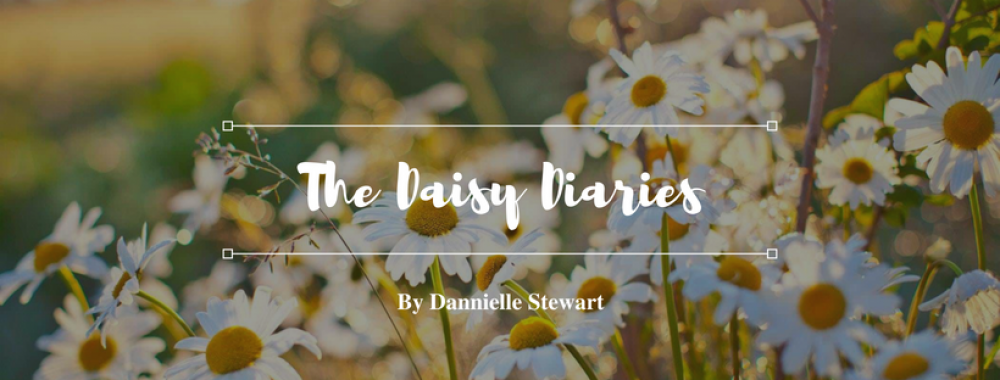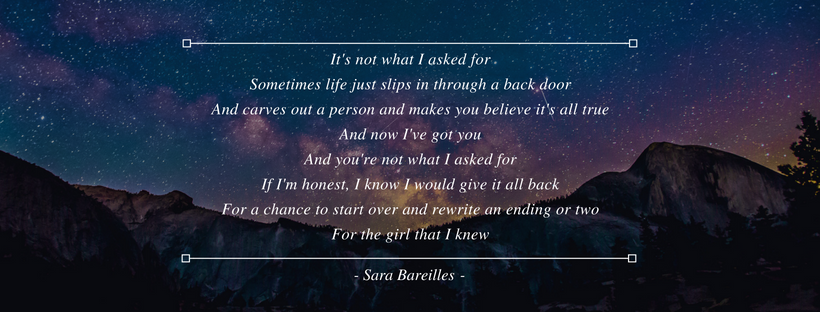
The time is 2:57 am
I am struggling to keep my eyes open in the darkened nurses station. My next medication round doesn’t start for close to an hour and I have completed my documentation. The feeling overcoming me is unsettling, there is seemingly nothing to do on my busy medical ward and that is always inviting trouble. Do not think the ‘Q word’, even thinking that it’s quiet is asking for it. I yawn and right on cue a patient’s son comes out of his room, his eyes filled with tears.
“Sister I think he’s gone,” he says.
I have been looking after his father, a palliative patient in his final hours since I began shift. I have written up several doses of dilaudid for him over the shift and moved him into a comfortable position. He has looked peaceful all shift, his son wiping at his mouth and whispering “come on Dad, you’re too stubborn – you can go. Mum’s waiting”. I relate, I tell him my Nanna was the same – held on right until we all went for cake, then she decided that there ain’t no party without her, and rightly so. He smiles and tells me his Dad is the same.
My night started at 10:45pm.
I go in to see my patient. He has no respiratory rate, his pupils do not react when I shine light into them, and there are no pulses. Despite all obvious evidence that he has died, I have to wait for the doctor to declare him. At this time of night that’s medical ward call, and I know he is slammed. He’s run past on his way to a code three times already. Three of the other nurses have pages into him for patient reviews. I know it may be some time. I leave his son to say goodbye, and page the doctor. He is gone, but I have seven other patients who are still here, and I have to keep looking after them.
I spike fluids, draw up antibiotics, turn bed bound patients, and have an interesting conversation with a very confused patient. An entire shift happens in the time it takes for medical ward call to come. A son grieves, and it isn’t until I handover that my patient leaves his room for the last time and the porters take him to the mortuary. His son gives me a long hug and whispers thank you.
It’s 12:10 am.
“Hello sister,” the nurse whispers. “How are you feeling? Are the walls melting?”
I laugh and tell him no, but that my pain has mercifully become a background noise instead of an unrelenting torrent of abuse to my lower abdomen. It’s freezing and he gets me another blanket and a heat pack, because there’s very little that a heat pack won’t make better. When my infusion finishes he removes the IV cannula smoothly so that it won’t leave the same bruise as the last time I ended up in emergency, where the resident practically ripped it out of my hand.
“Should I get the doctor? Do you want to go home and be a nurse again?”
“That would be nice,” I murmur, thinking about the shift I can no longer go to that starts in six hours.
His night started at 6:45pm.
He had many patients before me, and by the end of twelve hours he will have had many more after I am gone, but while I was there he looked after me the best he could – the way I would my patients. I started my night in triage, then fast track, sitting when all I wanted to do was lie down. The nurse that did my vitals in triage looked like she wanted to give me a hug when she found me curled over in my chair, pain 9/10 – because as a nurse I feel like there’s always room to grow. Then she told the triage nurse to re-think my category, because I needed to move up. Then there was the night nurse in fast track who I overheard tell the doctor, in no uncertain terms, that he was not to ultrasound me in this condition unless he actually suspected ovarian pathology – well, I wanted to hug her. There was the doctor I was assigned – overrun with his own patients, as well as signing off on the work of his residents – who apologised every time he left me for more than five minutes, murmuring “sorry my dear” each time he sat back down, and wouldn’t accept my unrelenting pain as reality until he had done everything he could to stop it; even in the face of “normal” results.
I know they were tired, I know they were busy – because I am all of these things on night duty, and yet their care did not diminish. Their touch remained gentle, and their resolve remained strong.
In these dark hours we do some of our best, our most vital, and, yes, at times some of our saddest work. Night duty is an underrated shift, in my opinion. On nights I have had some of my worst moments – patient deaths, big codes, falls, body fluids all over my uniform, but I’ve had some of my best too. There is a special kind of camaraderie and friendship on nightshift – perhaps because management has gone and it’s just us floor nurses. We have strange conversations between pad changes, and sometimes even serious ones that wouldn’t have slipped out any other time. Those special, privileged moments where we bring in new life, save lives, or help someone come to the end of theirs with dignity and comfort all seem to happen so often in the midnight hour. The hospital changes. Sometimes, on meal break, I walk its quiet halls in a fatigued, slightly delirious stupor, enjoying the quiet and stillness – so different from the day time. Often it’s the only true quiet I find all shift.
It’s hard work, we are tired, and the problems are often big and emergent, but there is a poetry in it. For me nights have a rhythm and a flow, and it can change so quickly, but I think that’s what I love even more. Nights call for a type of bravery, for courage – sometimes you realise in any given situation that it’s just you and you alone must be enough. Resources are scarcer, hand holding is out of the question, and advocacy is perhaps your most important skill alongside a good chest compression.
It’s not often one sees their profession from the other side, but when I do I am reminded of just how important the small and everyday things we do as nurses are. I don’t keep track of how many times I touch a patent’s shoulder when I talk to them, or call a sweet elderly lady honey, or tell someone in pain how well they’re doing – but it matters. It matters when our colleagues in medicine do too – no matter how busy or burnt out, your small mannerisms loom large in the minds of patients. My surgeon likely barely notices when he tells us, “chin up, hey?” and holds our hand, in holding bay before we go in, but I know we as patients do. A patient often doesn’t see the bigger picture, they don’t see our patient load and politics, our policies and procedures, they see themselves – sick, scared or in a place they’ve never been, and so they need us. They need our little gestures, and our advocacy, and our care. We must not forget the privilege that is caring for people, even alongside its many challenges.
Goodnight patients, goodnight sisters, goodnight ward call, goodnight wardies and cleaners, goodnight day shift, and goodnight management. At dawn we return to our beds for much needed rest, we’ll see you again tonight.
You can follow The Daisy Diaries on Facebook here


